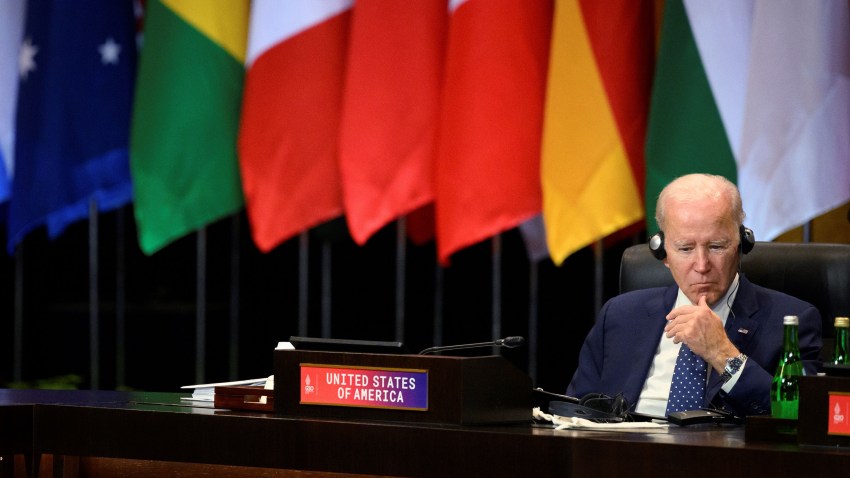With the worsening conflict between Israelis and Palestinians dominating headlines, the United States’ veto of a Brazil-led resolution at the United Nations Security Council calling for “humanitarian pauses” to deliver aid to the civilian population in Gaza has once more highlighted the inability of current multilateral institutions to address the most pressing challenges to human rights, prosperity and security for all. In parallel, the recent conclusion of the annual meeting of the International Monetary Fund, or IMF, and World Bank in Morocco offers the international community at large yet another opportunity to reflect on the thorny issue of global governance reform.
There is growing recognition in the West that these multilateral organizations need to change to deal with worsening climate, food, debt and security crises, as well as to respond to the legitimate demands of marginalized countries to be included in international decision-making. But beyond the vague narratives periodically deployed by individual governments, there remains a lack of consensus—not only in the West, but also among Global South countries—on what a transformation of the global order entails when it comes to the nitty-gritty of crafting and enforcing international rules.
In the U.S., in particular, there remains a disconnect between the Biden administration’s declarative attempts to build bridges on these questions with Washington’s Global South counterparts—through calls for U.N. reform, for instance—and taking concrete steps toward actual change. Clarifying what is at stake and deconstructing some of the most prevailing assumptions around this issue is essential to foster informed debates and encourage practical action.

